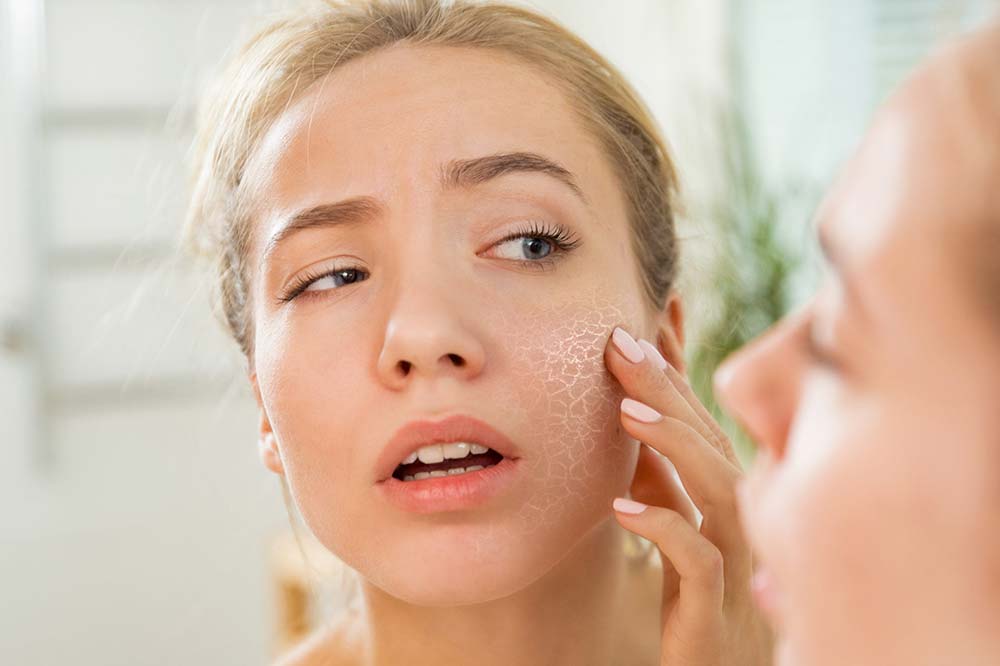Many times, people are judged in the way they look.
No amount of fashionable outfits, inner character, and positive outlook can minimize others’ criticisms of one’s physical attributes. Yes, beauty is in the eye of the beholder.
Yet, having acne all over your face, neck, shoulders, and back can sometimes affect how you can interact with other people. This can cause uneasiness to those with such pimples deep under the skin. Normally, teenagers are the ones mostly affected by these pus-filled acne cysts, but anyone of any age can suffer from the unpleasantness of pain in their breakouts.
What is a Dermatologist?
A dermatologist is a physician specializing in illnesses involving the skin, hair, and even the nails. A seasoned dermatologist is an expert in diagnosing and treating different skin conditions. Some of them are skin cancer, psoriasis, eczema, and acne.
Tips from Dermatologists to Get Rid of Cystic Acne
Research have come up with ways to educate and offer means to get rid of these acne cysts. These are types of skin infections that generally resemble boils. They can be small or big, painful or tender to touch, crusty, oozing pus from a whitish-yellow head or simply a red lump under the skin.
The best thing you can do if you are experiencing an acne breakout is to consult a dermatologist. But, you can also prevent these acne cysts from breaking out by doing the following dermatologist approved tips even at home.
1. Make your diet a consideration.
There are studies that acne can be alleviated by having a low-glycemic diet. You should avoid food such as potatoes, pasta, and white bread to cut on sugars. Monitoring and undertaking a healthy diet program like eating nutritious food can help prevent the growth of acne.
2. Cleanse your face and body daily.
Studies show that having proper hygiene is always crucial in maintaining an attractive and clean face. Before going to bed, removing makeup with non-comedogenic or oil-free products ensures that toxic and other ingredients will not build up under the skin.
While cleaning your skin, it is best to use gentle cleansers to avoid irritation, inflammation, and dehydration, which causes excessive oil production. A warm compress using a clean washcloth is a must to clean further the face or those parts prone to growing acne. Pus can come to the surface when this is done, but avoid popping your pimples as much as possible.
3. Touch it not.
When you are tempted to touch the irritated areas, it is recommended to cover the cysts with an adhesive bandage. Having short and clean nails will help in reducing irritation and preventing the spread of infection. During the day, when your face is exposed to sunlight and environmental toxins, keeping your hands away from your face will prevent substances from building up and forming acne cysts.
4. Keep your hair away from your face.
The hair can gather dirt and other substances. It is safer to wash it regularly and keep it cleanly combed away from the face to prevent toxins from affecting the skin.
5. Avoid oily environments.
Working at fast-food restaurants can expose you to hot and oily environments, contributing to acne flares. It is advised to keep the face clean in these circumstances. If you are prone to acne breakouts, a better working environment is encouraged.
When these home remedies do not help, see a dermatologist with a background in acne treatment. Dermatologists will prescribe stronger medications depending on the reason for acne breakouts.
For instance, antibiotics are recommended to combat infections and shrink the inflammation. In regulating the oil production of the facial area, spironolactone is prescribed. Accutane (its brand name) for isotretinoin is advised to treat severe cases. Moreover, people with acne cysts can opt to have steroid shots directed to the cysts. This process can lessen the pain and reduce its inflammation.
Other cystic acne treatments also include the use of retinoids like adapalene and tazarotene, which are known as vitamin A derivatives. They help slough dead skin cells that support the growth of acne. Another is the use of azelaic salicylic acid. This gets rid of the excess dead skin cells and helps kill bacteria. In addition, benzoyl peroxide also reduces the number and growth of bacteria on the skin. Lastly, gel solutions and lotions or antibiotic creams are spread to the skin to decrease any inflammation and suppress the growth of bacteria.
Takeaway
To some the flare-outs can be prevented by just undergoing at-home remedies. However, in cases of severe situations, a wise judgment of medical professionals who are associated can be trusted to prescribe medications.
These medications will help in preventing the inflammation, pain and unpleasantness of acne cysts. It is good to try simple treatments but it is more trustworthy to ask experts than to try or do it yourself. You can also try joining acne clinical trials for the development of new treatments.

